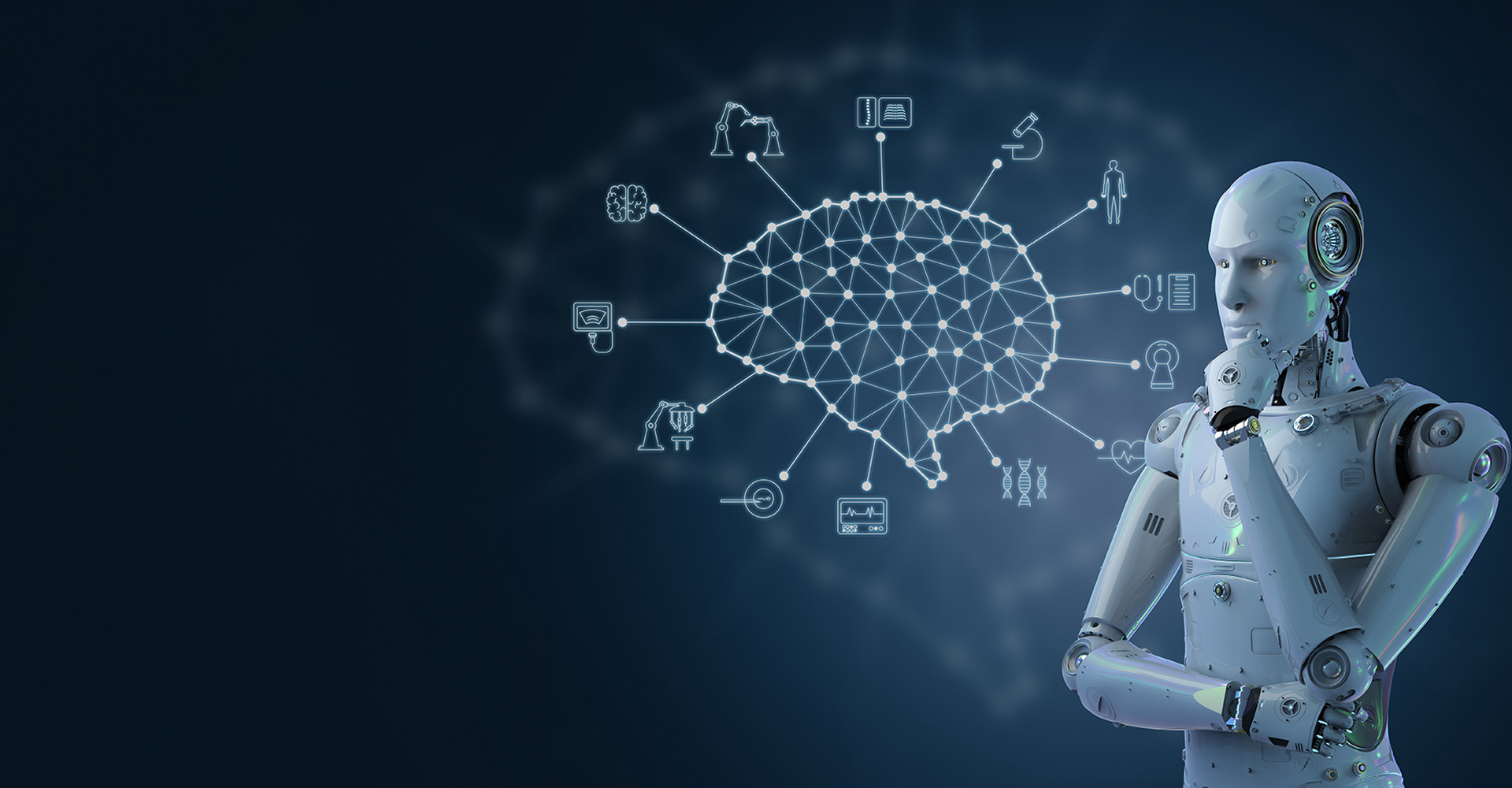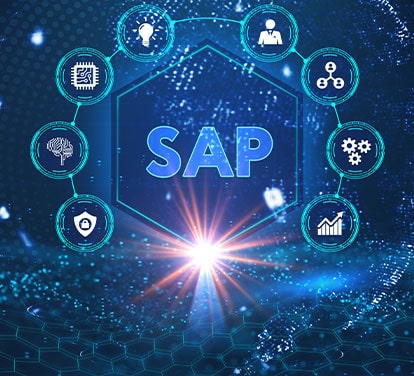Organizations are on a quest to harness the power of Artificial Intelligence (AI), and one intriguing facet of their journey is Generative AI, or Gen AI. Gen AI focuses on generating content, solutions, or insights based on existing data and patterns. As organizations explore the vast possibilities of Gen AI, they find themselves at a crossroads, facing a crucial dilemma: should they embed Gen AI within their enterprise applications or leverage data warehouses? This decision, fraught with considerations of strategy, speed, and security, is one that requires careful navigation.
Gen AI Landscape: A World of Choices
The Gen AI landscape resembles an expansive realm of possibilities, offering organizations a plethora of avenues to explore. Among these choices, two prominent strategies emerge: embedding Gen AI within enterprise applications or harnessing its power through data warehouses. Each path comes with its unique set of opportunities and challenges.
Generative AI in Enterprise Applications: A Focused Approach
Consider embedding Gen AI in enterprise applications as a focused expedition. In this strategy, Gen AI capabilities are tightly integrated with specific applications like Oracle ERP, Salesforce, or ServiceNow. These applications have their data domains, with Oracle ERP specializing in financial and supply chain data, while Salesforce revolves around customer and opportunity data.
Pros (The Strategy Perspective):
- Data Precision: This approach allows you to extract highly accurate insights from your application-specific data.
- Security Integration: Enterprise applications often come with robust security features, mirroring the security of a well-thought-out strategic defense.
Cons (The Speed Challenge):
- Limited Data Scope: However, this strategy confines your organization within the data boundaries of your chosen application, limiting your ability to explore broader datasets.
- Security Challenges: Expanding beyond these boundaries can be akin to devising new strategic maneuvers, as maintaining security requires careful consideration.
Examples of Embedding Generative AI in Enterprise Applications
Use Case 1: A global manufacturing company optimizing its supply chain with Gen AI embedded in Oracle ERP.
By strategically analyzing historical data, they will be able to forecast demand with precision, leading to efficient resource allocation. Robust security measures ensure the confidentiality of sensitive supply chain data.
Use Case 2: A healthcare institution employs Salesforce's Gen AI tools to enhance patient engagement.
Strategic analysis of patient records and appointment data will help in tailoring appointment reminders and healthcare recommendations, resulting in improved patient outcomes. Security protocols will safeguard patient information throughout this strategic endeavor.
Generative AI in Data Warehousing: A Panoramic View
On the other hand, utilizing Gen AI in data warehouses offers a panoramic view of the organization's data landscape. Data warehouse solutions aggregate data from various sources, providing a comprehensive dataset for Gen AI to work with.
Pros (The Speed Advantage):
- Comprehensive Data Access: Data warehouse solutions provide a strategic advantage by enabling access to diverse data sources, offering a panoramic view of the data landscape.
- Customizable Security Measures: Organizations can tailor security measures strategically, aligning them with their specific objectives.
Cons (The Strategy Perspective):
- Implementation Effort: Deploying Gen AI models within data warehouses demands a strategic approach, requiring meticulous planning and resource allocation.
- Security Oversight: Managing security across an array of data sources necessitates a strategic governance framework.
Examples of Embedding Generative AI in Data Warehousing
Use Case 1: An e-commerce giant optimizes product recommendations using data warehouse solutions.
By integrating customer browsing history, purchase data, and social media interactions, they can strategically personalize product suggestions, resulting in increased sales. Customized security measures will ensure customer data protection throughout this strategic initiative.
Use Case 2: A financial institution uses Gen AI models to enhance risk assessment and compliance.
By integrating data from various financial markets, regulatory bodies, and internal sources within data warehouses, Gen AI tools will strategically analyze these comprehensive datasets. This will help identify potential compliance issues and mitigating risks. Security protocols can be customized to ensure data integrity and regulatory compliance.
The Optimal Path: Balancing Strategy, Speed, and Security
To navigate the Gen AI landscape effectively while upholding security, organizations should adopt a balanced approach:
- Security Integration: Collaborate with enterprise application vendors, leveraging their integrated security, while ensuring that strategic expansion aligns with their established boundaries.
- Data Integration: Embrace the versatility of data warehouse solutions to expand the strategic scope, while maintaining a strategic posture with regard to data security.
- Scalability: Gradually scale Gen AI initiatives in alignment with strategic objectives, addressing security concerns as they emerge.
- Customization: Customize Gen AI models and security protocols strategically to align with the organization's unique requirements.
- Compliance: Ensure that all strategic Gen AI endeavors adhere to relevant data protection regulations, fostering a secure and compliant strategy.
Move Ahead with Jade Global
In conclusion, the Gen AI landscape offers organizations a spectrum of possibilities, each with its own set of advantages and challenges. The decision to embed Gen AI in enterprise applications or in data warehouses requires careful consideration of strategy, speed, and security. By adopting a balanced approach, organizations can harness the potential of Gen AI while safeguarding their strategic interests.
Elevate your digital evolution through Jade's Generative AI services. With two decades of industry expertise, we stand ready to support you in formulating a strategic plan for expanding enterprise-level AI. Our focus is on fostering responsible AI adoption, skillfully navigating the equilibrium between maximizing benefits, and mitigating risks for your organization.













